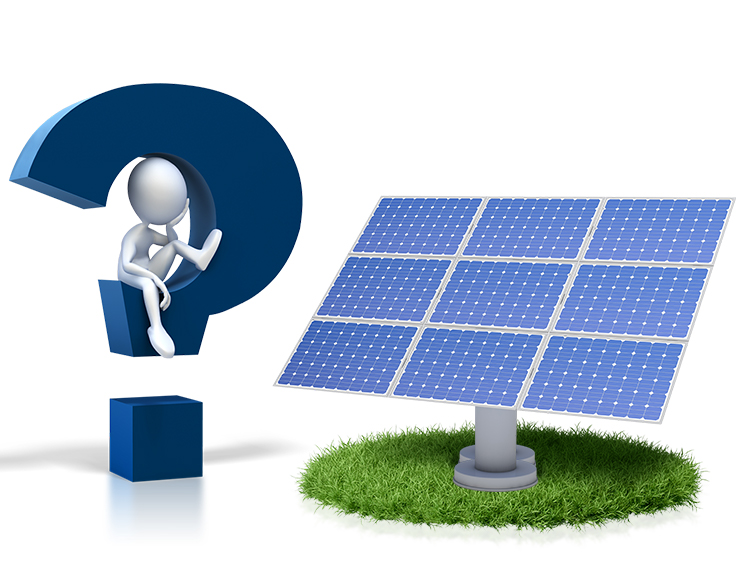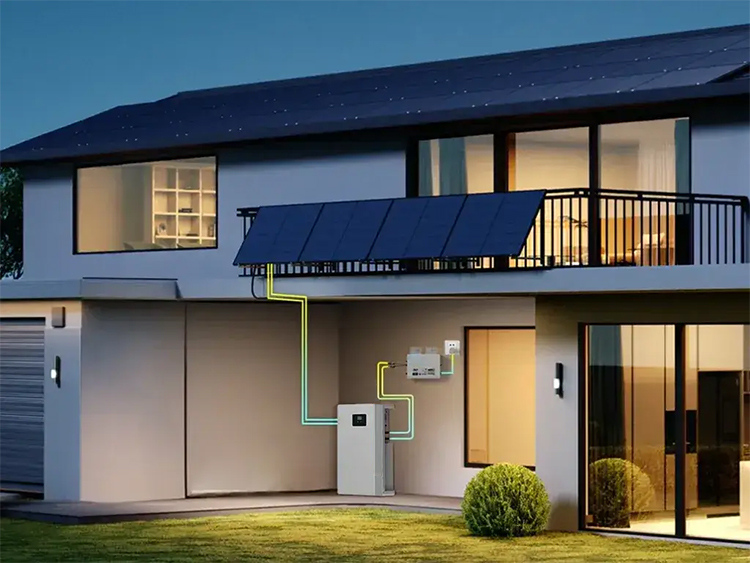Why Go Solar?
In recent years, the push for renewable energy sources has intensified, and solar power has emerged as one of the most promising options. The reasons to go solar are manifold, encompassing environmental, economic, and social benefits. This article will delve into why solar energy is a wise and forward-thinking choice for individuals, businesses, and governments.

Environmental Benefits:
One of the most compelling reasons to go solar is its positive impact on the environment. Solar energy is a clean, renewable resource that significantly reduces greenhouse gas emissions compared to fossil fuels. Burning fossil fuels for electricity releases large amounts of carbon dioxide (CO2) and other harmful pollutants into the atmosphere, contributing to climate change and air quality issues. In contrast, solar power generation produces no emissions, making it an environmentally friendly alternative.Moreover, solar energy reduces reliance on finite resources. Coal, oil, and natural gas reserves are dwindling, and their extraction and use have severe environmental consequences, including habitat destruction and water pollution. Solar power, derived from the sun, is abundant and inexhaustible. By harnessing this renewable resource, we can help preserve natural ecosystems and reduce our ecological footprint.
Economic Advantages:
Switching to solar energy also offers significant economic benefits. Although the initial installation cost of solar pv panels can be high, advancements in technology and government incentives have made it more affordable than ever. Solar panels have become more efficient and less expensive, and many regions offer tax credits, rebates, and subsidies to encourage solar adoption. Once installed, solar panels provide free electricity, significantly lowering energy bills. For homeowners, this can translate to substantial savings over time. Businesses can also benefit from reduced operational costs, improving their bottom line and enhancing competitiveness. Additionally, solar power systems require minimal maintenance, further reducing long-term expenses.Solar energy can also stimulate local economies by creating jobs. The solar industry employs workers in manufacturing, installation, maintenance, and sales. As the demand for solar energy grows, so does the need for skilled labor, leading to job creation and economic development in communities that embrace renewable energy.
Energy Independence and Security:
Another reason to go solar is the increased energy independence and security it offers. Relying on imported fossil fuels makes countries vulnerable to geopolitical tensions and price volatility. By investing in solar energy, nations can reduce their dependence on foreign oil and gas, enhancing their energy security.For individual homeowners and businesses, solar power provides a degree of energy autonomy. Solar panels allow them to generate their own electricity, reducing reliance on the grid and protecting against rising energy prices. In some cases, solar systems can include battery storage, allowing users to store excess energy for use during power outages or periods of low sunlight.

Practical Considerations:
Installation and Maintenance. Solar panels are relatively easy to install and require minimal maintenance. Professional installers can assess the optimal placement and orientation of panels to maximize energy production. Once installed, solar panels require little upkeep, mainly consisting of occasional cleaning and inspections to ensure optimal performance. Solar inverters, while more complex, are also designed to be durable and require minimal maintenance.Longevity and Durability. Modern solar panels are built to last. Most come with warranties that guarantee performance for 20 to 25 years, and many continue to produce electricity well beyond this period. Solar power inverters typically have shorter lifespans, around 10 to 15 years, but advancements in technology are improving their durability. The long-term reliability of solar energy systems makes them a sound investment.
